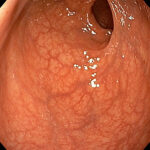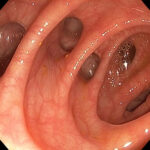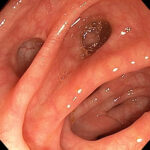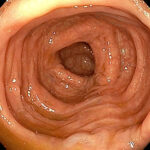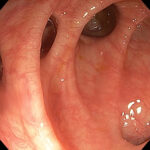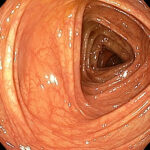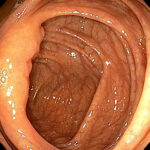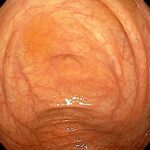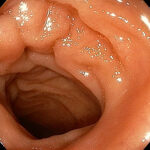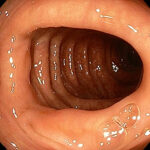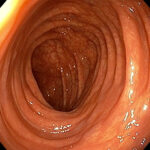Colonoscopy
A procedure used to inspect the large bowel (colon). We perform colonoscopy in Sydney across the public and private healthcare system.
Colonoscopy is a procedure used to inspect the large bowel (colon). We perform colonoscopy procedures multiple times per week both in the public and private system. All private procedures are billed No-Gap to your health fund and usually can be arranged within 1-3 weeks. Waiting time in the public system through Westmead or Auburn hospitals is based on clinical priority and is between 1-5 months. To check your cover for the private quote item number 32222 to your health fund.
How to book, in 3 easy steps
1
Complete our booking form
Ready to make an appointment? Simply complete our Book Appointment form and select your appointment type.
2
Expect our phonecall or email
Our Reception team will receive your completed form and discuss with our doctors. We'll contact you to arrange an appointment.
3
Prepare for your appt
Make sure you have a referral from your doctor and bring all recent blood tests and scans. Read our Patient Info page for more information.

